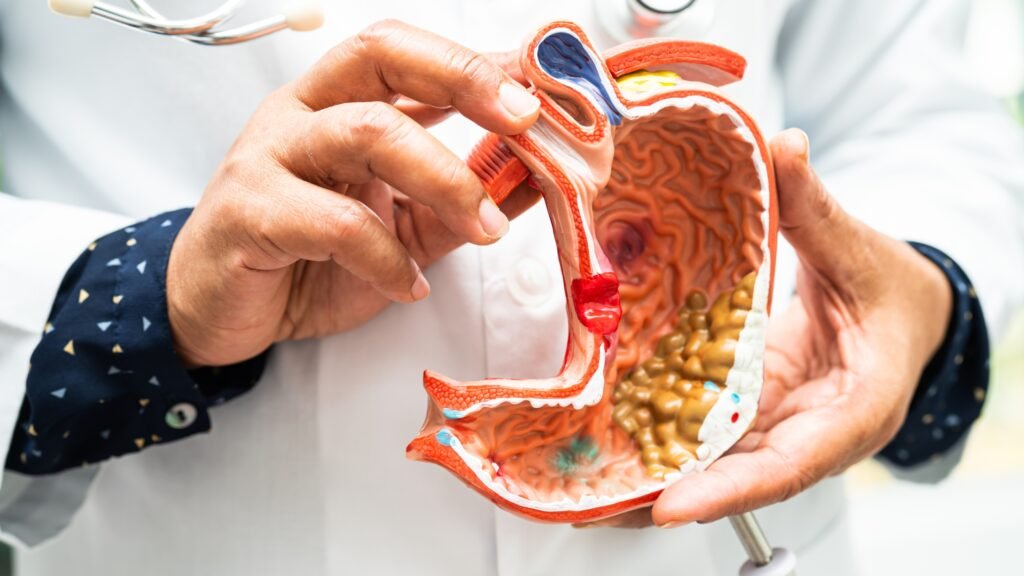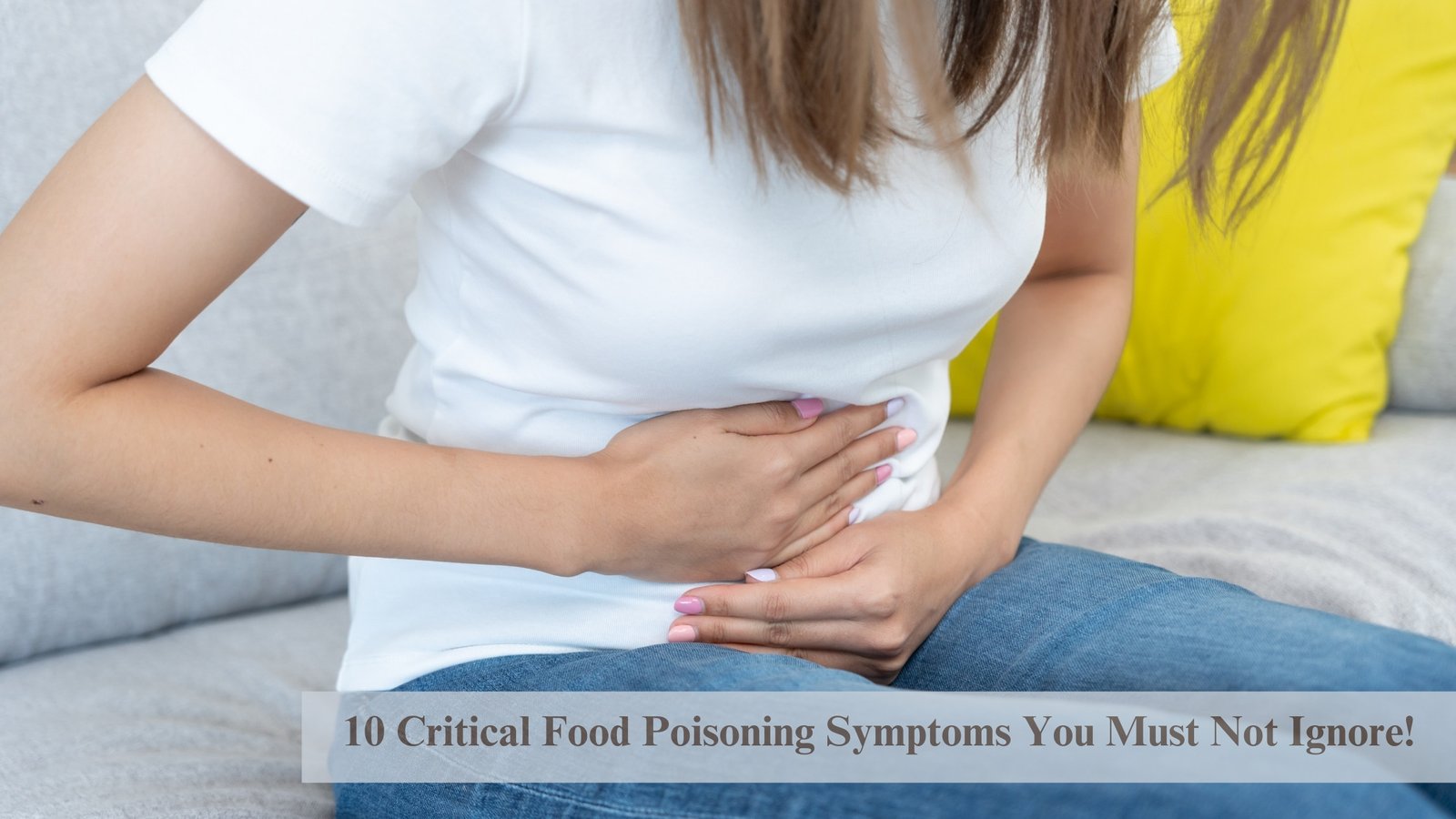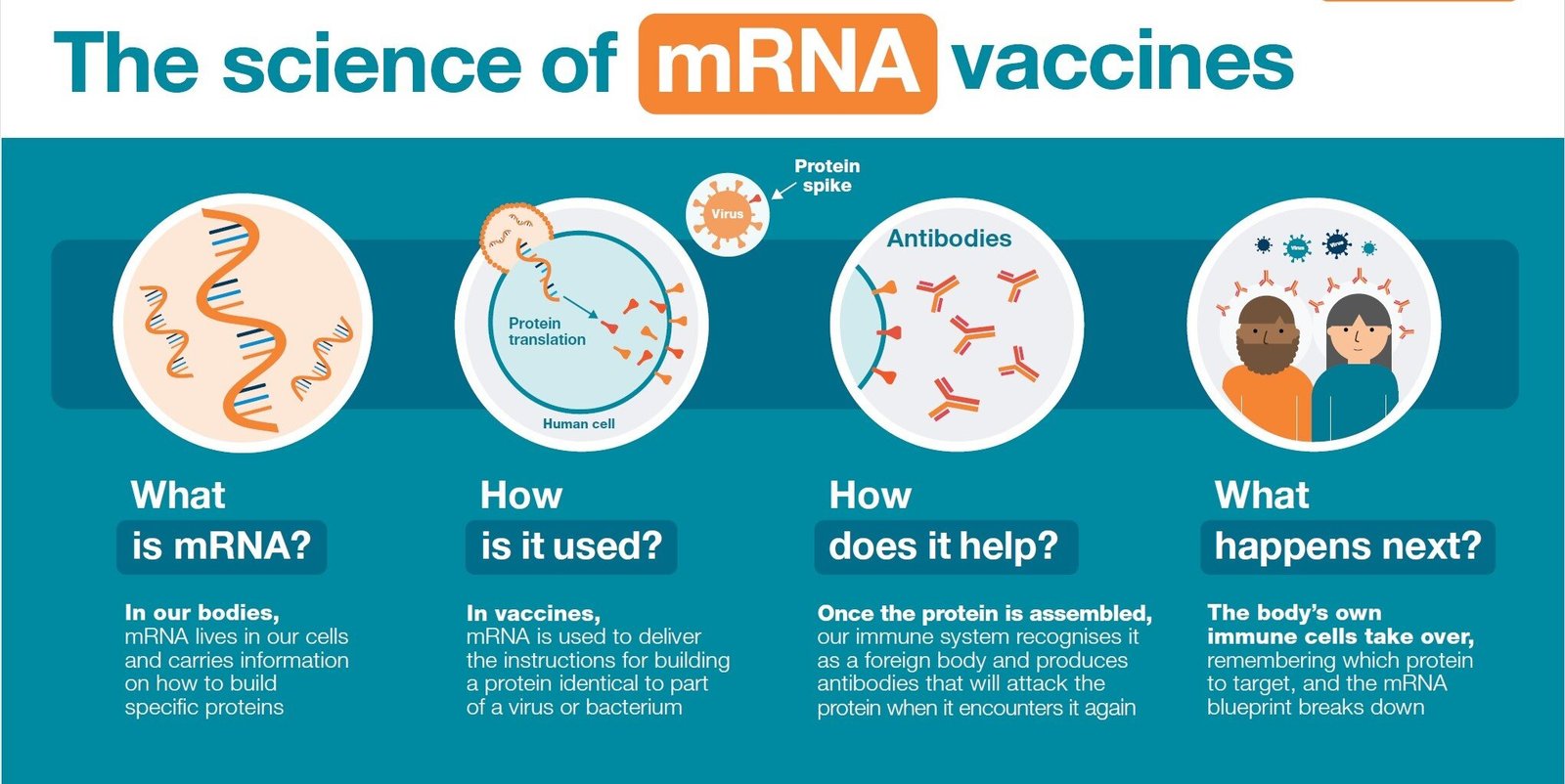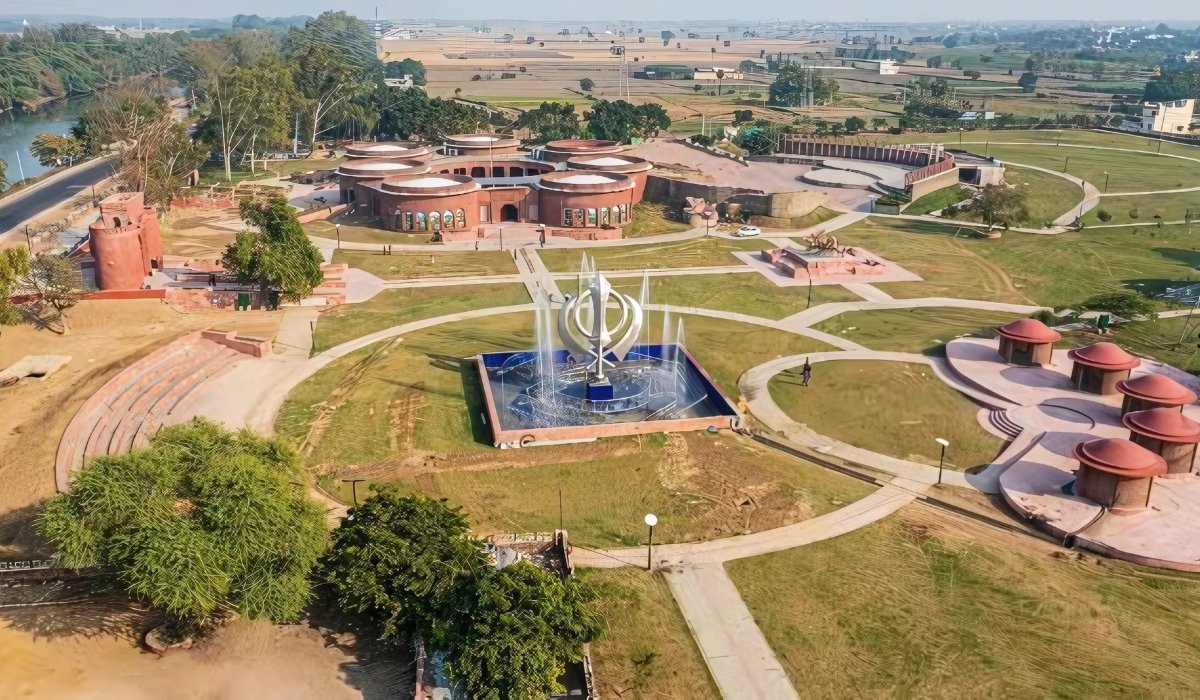Food poisoning symptoms can appear within a few hours of consuming contaminated food and may range from mild discomfort to severe health complications. Recognizing these food poisoning symptoms early can help in taking immediate action to prevent dehydration and other complications. This article provides a detailed overview of food poisoning symptoms, their causes, and essential treatment options.

1. What is Food Poisoning?
Food poisoning, also known as foodborne illness, occurs when you consume contaminated food or beverages. Bacteria, viruses, parasites, and toxins can lead to food poisoning symptoms, which may appear within minutes or take several days to develop.
2. Early Food Poisoning Symptom
The initial food poisoning symptoms can vary based on the contaminant but commonly include:
- Nausea – A feeling of unease in the stomach.
- Vomiting – Expelling food and fluids due to irritation.
- Diarrhea – Frequent, watery stools indicating an infection.
- Abdominal Cramps – Sharp stomach pains and discomfort.
- Loss of Appetite – A sudden aversion to food.
These food poisoning symptoms typically develop within hours of consuming contaminated food.
3. Severe Food-Poisoning Symptoms
In some cases, food poisoning symptoms can become severe and require immediate medical attention. These include:
- Bloody Diarrhea – A sign of serious bacterial infection.
- High Fever – Body temperature exceeding 101.5°F.
- Dehydration – Extreme thirst, dizziness, and dry mouth.
- Muscle Weakness – Indicating possible toxin exposure.
- Blurred Vision – A symptom of botulism poisoning.
4. Causes of Food Poisoning Symptom
The most common causes of food poisoning symptom include:
| Cause | Description |
|---|---|
| Bacteria | Salmonella, E. coli, and Listeria cause severe illness. |
| Viruses | Norovirus and Hepatitis A are leading viral culprits. |
| Parasites | Giardia and Cryptosporidium can enter through food. |
| Toxins | Certain fungi and fish produce harmful toxins. |
5. How Long Do Food Poisoning Last?
The duration of food poisoning symptom depends on the cause:
- Bacterial infections – Symptoms last 1 to 7 days.
- Viral infections – Usually resolve within 24-48 hours.
- Parasitic infections – Can persist for weeks if untreated.
- Toxin-induced symptoms – Onset is quick, and symptoms last a few hours.
6. Diagnosing Food-Poisoning Symptoms
Doctors diagnose food poisoning symptoms based on:
- Patient history – Examining food intake and symptom onset.
- Physical examination – Checking hydration levels and abdominal pain.
- Lab tests – Stool tests detect bacteria, parasites, and toxins.
7. Treatment for Food Poisoning Symptoms
Mild food poisoning can be managed at home, while severe cases may require medical treatment.
Home Remedies:
- Hydration – Drink water and electrolyte solutions.
- Rest – Allow the body to recover.
- Bland Diet – Eat bananas, rice, applesauce, and toast (BRAT diet).
Medical Treatments:
- Antibiotics – Prescribed for bacterial infections.
- IV Fluids – Necessary for severe dehydration.
- Anti-nausea Medication – Helps prevent vomiting.
8. How to Prevent Food Poisoning Symptoms
Follow these food safety tips to avoid Foodborne illness signs:
- Wash hands – Before and after handling food.
- Cook food thoroughly – Avoid undercooked meat and eggs.
- Refrigerate leftovers – Store food at the right temperature.
- Avoid raw seafood – Especially if you have a weak immune system.
- Check expiration dates – Expired food may harbor bacteria.
- Use separate utensils – Avoid cross-contamination between raw and cooked foods.
- Drink purified water – Contaminated water can cause Stomach ailment.

9. Risk Factors for Food Poisoning Symptoms
Certain groups are at a higher risk of experiencing severe food poisoning symptoms, including:
- Young children – Their immune systems are not fully developed.
- Pregnant women – Hormonal changes make them more susceptible.
- Elderly individuals – Aging weakens the immune system.
- People with chronic illnesses – Diabetes, kidney disease, and cancer increase vulnerability.
10. When to See a Doctor for Food Poisoning Symptoms
Seek medical help if Digestive upset include:
- Severe dehydration.
- Persistent vomiting lasting more than 24 hours.
- High fever with chills.
- Blood in stool or vomit.
- Symptoms lasting more than 3 days.
11. Long-Term Effects of Food Poisoning Symptoms
While most cases of Gastrointestinal distress resolve on their own, some may cause long-term health complications such as:
- Chronic digestive disorders – Irritable bowel syndrome (IBS).
- Kidney damage – Especially from E. coli infections.
- Neurological disorders – Some foodborne bacteria affect the nervous system.
- Joint inflammation – Certain infections can trigger arthritis.
12. Food Poisoning vs. Stomach Flu: Key Differences
Both conditions cause nausea, vomiting, and diarrhea, but they have distinct differences:
| Feature | Food Poisoning | Stomach Flu |
| Cause | Bacteria, viruses, toxins | Viruses (norovirus, rotavirus) |
| Onset | Within hours of eating | Gradual over 1-2 days |
| Duration | 1-7 days | 3-10 days |
| Fever | Common | Sometimes |
Understanding these differences helps in proper treatment.
13. Conclusion
Recognizing food poisoning symptoms early can help in taking timely action. Stay hydrated, eat cautiously, and maintain food hygiene to prevent food poisoning symptoms. If symptoms worsen, consult a doctor immediately.
For more health-related articles, visit Chandigarh UT.














